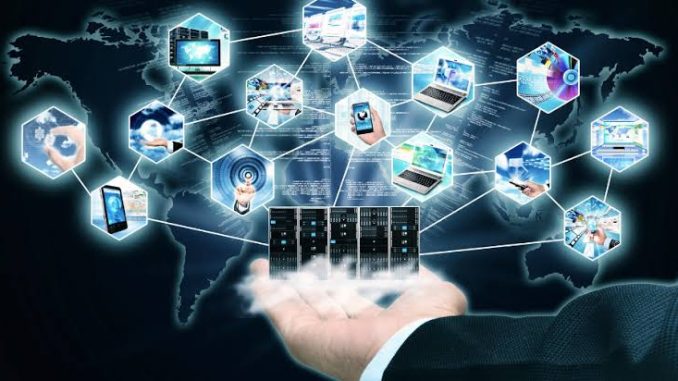
1. Artificial General Intelligence (AGI)
While current AI systems excel at specific tasks, AGI refers to machines with human-like cognitive abilities. AGI could revolutionize fields such as healthcare, education, and research, allowing machines to learn, reason, and adapt across diverse challenges. While still in early development, breakthroughs in this area could reshape the future of AI.
2. Quantum Computing
Quantum computers, unlike classical ones, use quantum bits (qubits) that allow them to process complex problems exponentially faster. From drug discovery to cryptography, quantum breakthroughs could unlock solutions previously deemed impossible with traditional computing.
3. Neural Interfaces
Brain-computer interfaces (BCIs), like Elon Musk’s Neuralink, aim to create seamless communication between the human brain and machines. These technologies could help treat neurological disorders, enhance cognitive functions, and even enable direct mental control over devices.
4. 6G and Beyond
While 5G is still rolling out globally, researchers are already working on 6G. With expected speeds up to 100 times faster than 5G, 6G could power real-time holographic communication, ultra-precise location tracking, and next-generation IoT applications.
5. Synthetic Biology
Combining biology with engineering, synthetic biology allows scientists to redesign organisms for useful purposes. From lab-grown meat to biofuels and custom microbes that clean up pollutants, this field has the potential to revolutionize agriculture, healthcare, and environmental sustainability.
6. Next-Generation Batteries
As demand for electric vehicles and renewable energy grows, so does the need for better energy storage. Innovations like solid-state batteries and lithium-sulfur cells promise higher energy densities, faster charging, and improved safety—key to a greener future.
7. Decentralized Web (Web3)
Web3 envisions a decentralized internet powered by blockchain technology. Unlike today’s web, which is controlled by centralized entities, Web3 empowers users with more control over their data, identity, and digital assets, potentially reshaping the internet economy.
8. Advanced Robotics
Next-gen robots are becoming more autonomous, adaptive, and intelligent. With enhanced sensors, AI, and machine learning, robots will soon take on more complex tasks in manufacturing, healthcare, service industries, and even home environments.
9. Fusion Energy
Fusion, the process that powers the sun, has long been the holy grail of clean energy. Recent advances, such as achieving net energy gain in laboratory settings, suggest that practical fusion power may become viable within the next couple of decades—offering virtually limitless, clean energy.
10. Hyper-Personalized Medicine
The future of medicine is becoming deeply personal. Advances in genomics, AI, and biotechnology enable treatments tailored to an individual’s genetic makeup and lifestyle. This could lead to more effective therapies, earlier disease detection, and customized drug development.
Conclusion
The coming years promise transformative innovations that could redefine industries and everyday life. While each breakthrough brings exciting possibilities, they also pose challenges that require thoughtful regulation, ethical consideration, and responsible deployment. Staying informed and adaptable will be key to thriving in this rapidly changing world.